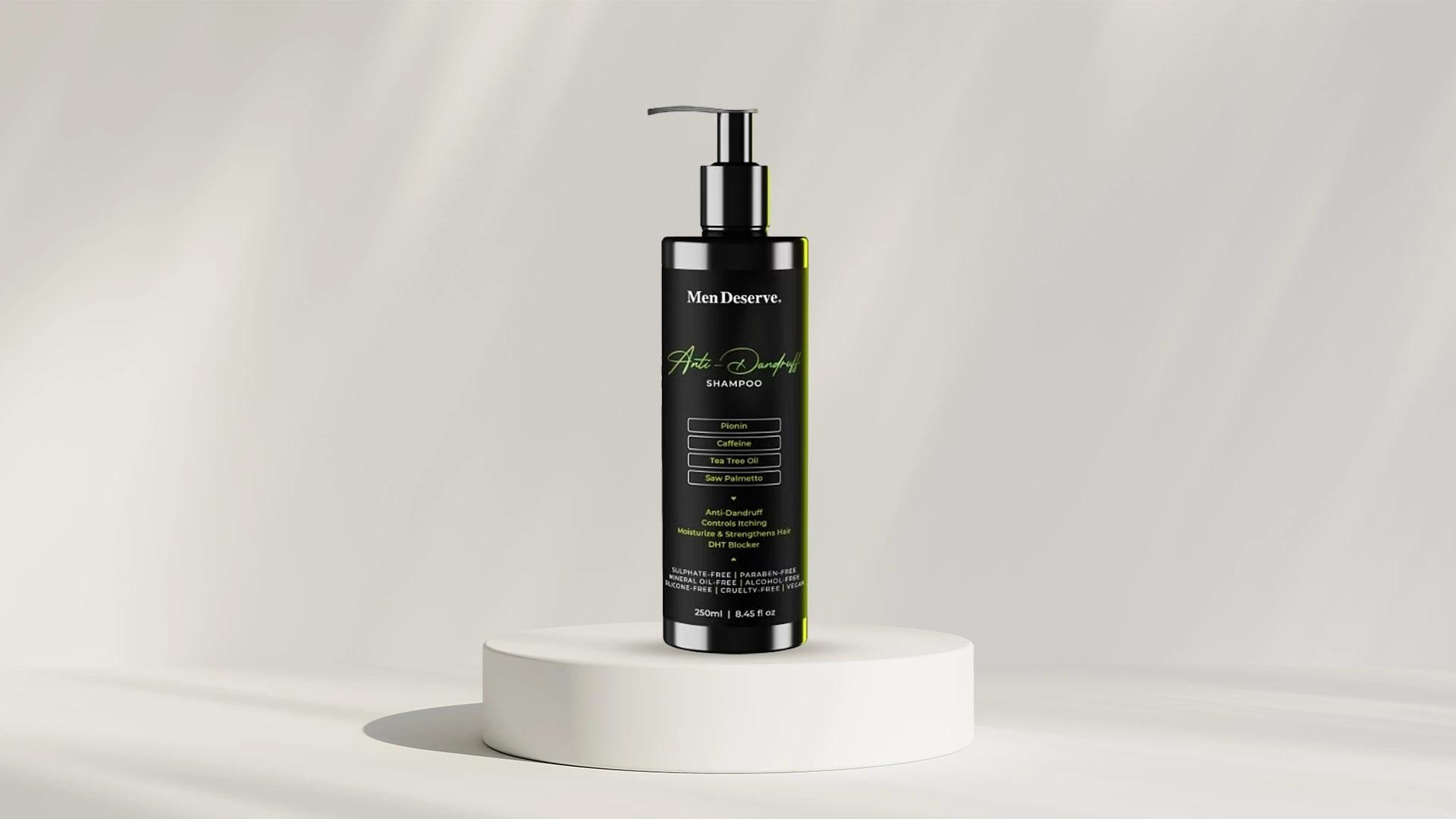Proof that you don't need to spend a fortune for results, these shampoos typically contain **zinc pyrithione** or **coal tar** as active ingredients. They might not have all the bells and whistles of pricier options, but they get the job done effectively. Perfect for those who want reliable dandruff control without breaking the bank.
How to Maximise the Benefits of Anti-Dandruff and Hair Fall Shampoos
Using the right technique makes all the difference in getting the results you want. Start by wetting your hair thoroughly with lukewarm water—hot water can actually make scalp irritation worse. Apply the shampoo directly to your scalp, not your hair lengths, and massage gently with your fingertips (not your nails) for about 30 seconds.
For most anti-dandruff formulations, you'll want to let the shampoo sit for 2-3 minutes before rinsing. This gives the active ingredients time to work their magic. Follow up with a lightweight conditioner applied only to your hair lengths, avoiding the scalp area. Most people see best results using these shampoos 2-3 times per week initially, then reducing to once or twice weekly for maintenance.
Additional Scalp Care Tips for Dandruff and Hair Fall Prevention
Your scalp health isn't just about the shampoo you use—it's about your overall approach to haircare and wellness. Diet plays a bigger role than you might think, so try to include foods rich in **omega-3 fatty acids**, **zinc**, and **B vitamins**. Think salmon, nuts, and leafy greens.
Stress management is crucial too, as stress can trigger both dandruff flare-ups and increased hair shedding. Regular scalp massages can improve circulation and help distribute natural oils, plus they're incredibly relaxing. Avoid over-styling and heat damage, which can compromise your scalp's health and make both dandruff and hair fall worse.
Understanding Different Types of Dandruff and Targeted Solutions
Not all dandruff is created equal, and understanding what type you're dealing with helps you choose the right approach. **Dry scalp dandruff** appears as small, white flakes and often comes with tightness or itching. This type responds well to moisturising formulas with gentle exfoliation.
**Oily scalp dandruff** tends to be larger, yellowish flakes that stick to your hair and scalp. This type often involves seborrheic dermatitis and needs stronger anti-fungal ingredients. **Fungal dandruff** is persistent and may come with redness or inflammation, requiring medicated shampoos with ingredients like ketoconazole or selenium sulfide.
The Role of Sulfate-Free Shampoos in Combating Dandruff and Hair Fall
Sulfate-free shampoo formulations have become increasingly popular, and for good reason. Traditional sulfates can strip your scalp of natural oils, leading to overproduction of sebum or excessive dryness—both of which can worsen dandruff and hair fall. Sulfate-free alternatives use gentler cleansing agents that maintain your scalp's natural pH balance.
These formulas are particularly beneficial for those with colour-treated hair, sensitive scalps, or chronic scalp conditions. While they might not foam as much as traditional shampoos, they're just as effective at cleaning while being kinder to your scalp's natural barrier. The gentler approach often leads to better long-term scalp health and reduced irritation.
Frequently Asked Questions


 200ml
200ml Combo
Combo Combo
Combo 250 ml
250 ml